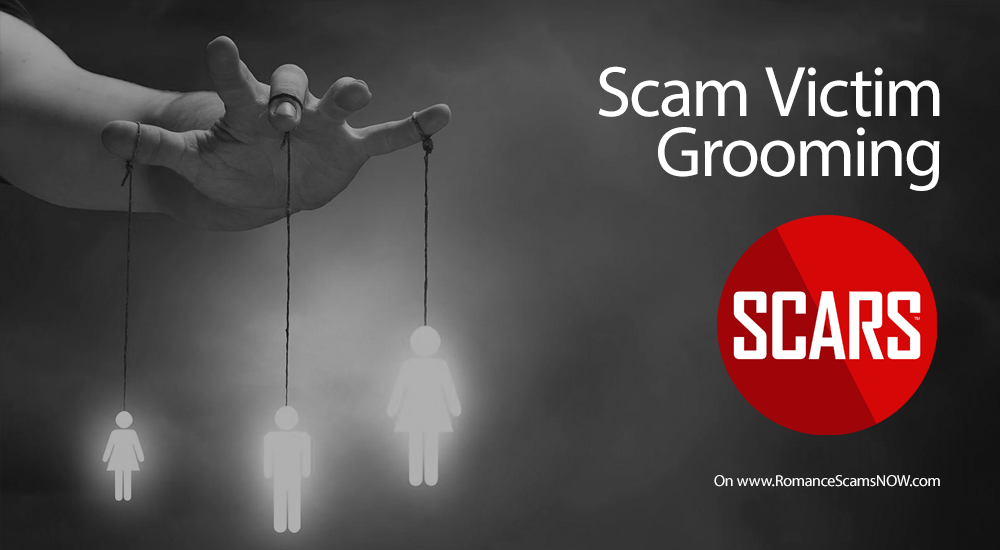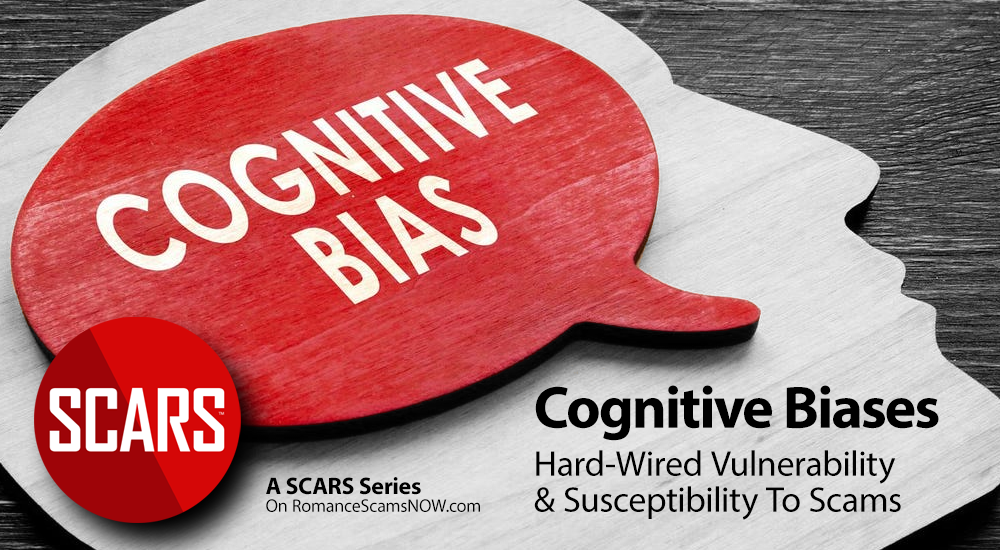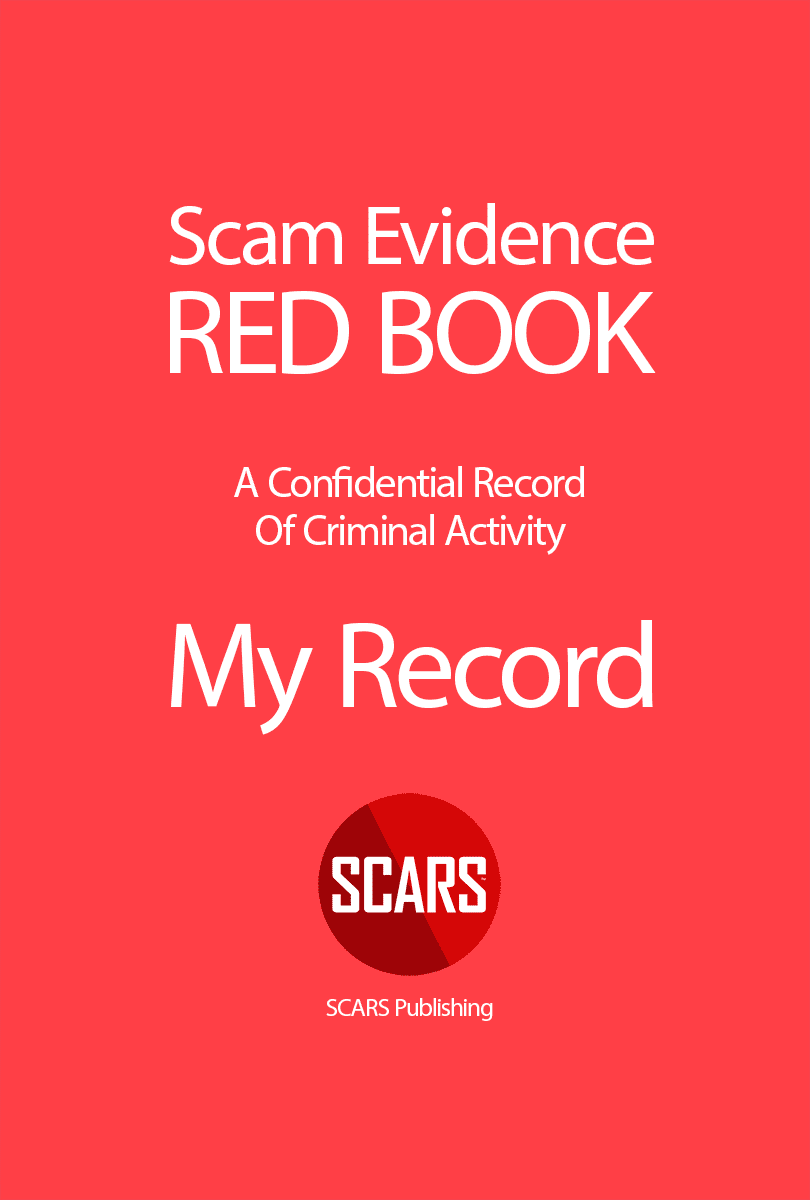For Family & Friends – Article Catalog
Helping Family & Friends of Scam Victims
The basics of relationship scams, what to look for, and how to help!
A SCARS Topic Collection
Information For The Friends & Family Of New Scam Victims
Before and after the scam, the victim is going to be under strong manipulation and going to be confused, in denial, maybe angry, certainly traumatized, and you need to know what you can do to help!
There is a lot to know so that you can help them stop the scam and how to recover after the fact. In this Article Catalog we provide the information that friends and family need, but this information is not for the victim. See below.
Here are article catalogs that the victim should read and study:
SCARS Webinars [VIDEOS]
Recent Articles Worth Reading
Begin Learning About What Happened, How, and the Impact it has on Family & Friends
Start Here: Dear Scam Victim Family & Friends – You Are Also Scam Victims – 2024 (scamsnow.com)
Understanding Scams & Victims
Understanding & Before It Ends
Confronting Victims & Getting Help
Understanding The Victim’s Psychology
Ending The Scam & Support
SCARS Resources For All Victims:
This website is the SCARS encyclopedia about scams & scammers, but we publish more information useful to scam victims.
- KNOWLEDGE
- LEARN ABOUT SCAMS: www.RomanceScamsNOW.com
- EN ESPAÑOL: www.ContraEstafas.org
- SEE SCAMMER PHOTOS: www.scammerphotos.com
- HEAL & RECOVER, SUPPORT
- HEAL WITH OTHER SCAM VICTIMS:
support.AgainstScams.org - FIND COUNSELING:
counseling.AgainstScams.org
- HEAL WITH OTHER SCAM VICTIMS:
- REPORT ALL SCAMS: www.Anyscam.com
- JOIN SCARS: www.AgainstScams.org
- HELP US HELP OTHERS: donate.AgainstScams.org
We have translation for your language on all of our SCARS Websites
Why Do We Separate Information?
We help victims in different stages of recovery, and not all information is suitable for victims. This collection of articles is for the family and friends of scam victims. We separate it so that you can find the information you are looking for easily.
Victims Need Your Help!
Only about 1/3 of scam victims will effectively recover from their experience. 2/3 are lost to anger and rage (including vigilantism), or some form of denial or mental illness. If you tell them you understand, do not judge or blame them, and get them talking they are much more likely to recover from this experience.
It is ok for you to ask for help too! There is no shame in asking for and accepting help!
In addition to our qualified support groups, we recommend that all victims go to a local trauma counselor or therapist.
If you are looking for local trauma counselors please visit www.PsychologyToday.com/us/therapists/trauma-and-ptsd (U.S. & International)
To Learn More Also Look At Our Article Catalogs
Scam & Crime Types
More SCARS
- ScamsNOW Magazine – ScamsNOW.com
- ContraEstafas.org
- ScammerPhotos.com
- AnyScam.com – reporting
- AgainstScams.org – SCARS Corporate Website
- SCARS YouTube Video Channel













![An Example of How Scammers Use Emergency Scams - 2014 [UPDATED 2024] - on SCARS RomanceScamsNOW.com](https://romancescamsnow.com/wp-content/uploads/2014/06/emergency-scams.png)

Please Leave A Comment - Tell Us What You Think About This!